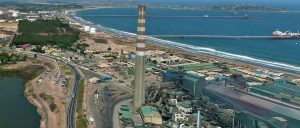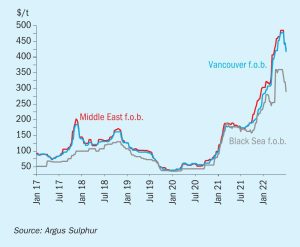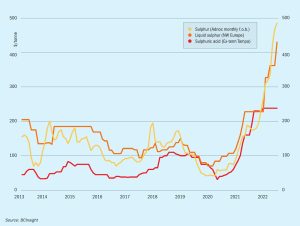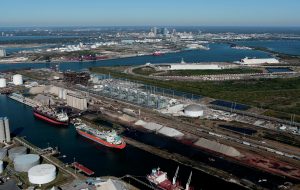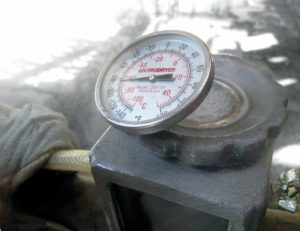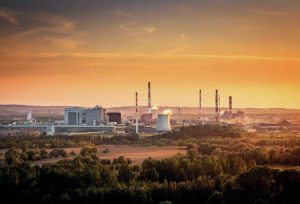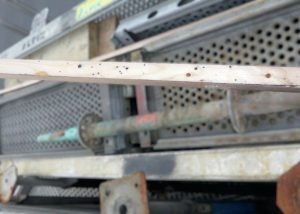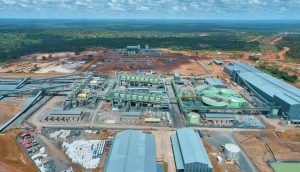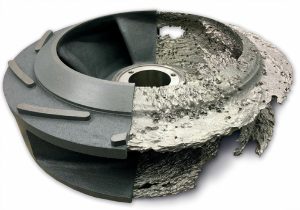Horisont Energi says that it has secured a non-binding offtake deal with “a European energy group” for ammonia sales from its Barents Blue clean ammonia plant at Markoppnes in northern Norway. Sales and purchase agreements are targeted for completion in 2026. Horisont is pressing ahead with the 1 million t/a project in spite of the withdrawal of project partner Fertiberia, and the exit of Polish company Orlen from a related CCS project. Front end engineering and design work has not yet been completed, but the project has been working on commercial agreements for the supply of gas, offtake of clean ammonia and storage of CO2 . Carbon capture is projected to be above 99%, and it is expected to be the most energy-efficient clean ammonia plant in the world. Barents Blue is supported by a $48 million grant as part of the EU IPCEI hydrogen program, Hy2Use. The project is targeting a final investment decision (FID) in 2026 and estimated production start in 2029/2030.


